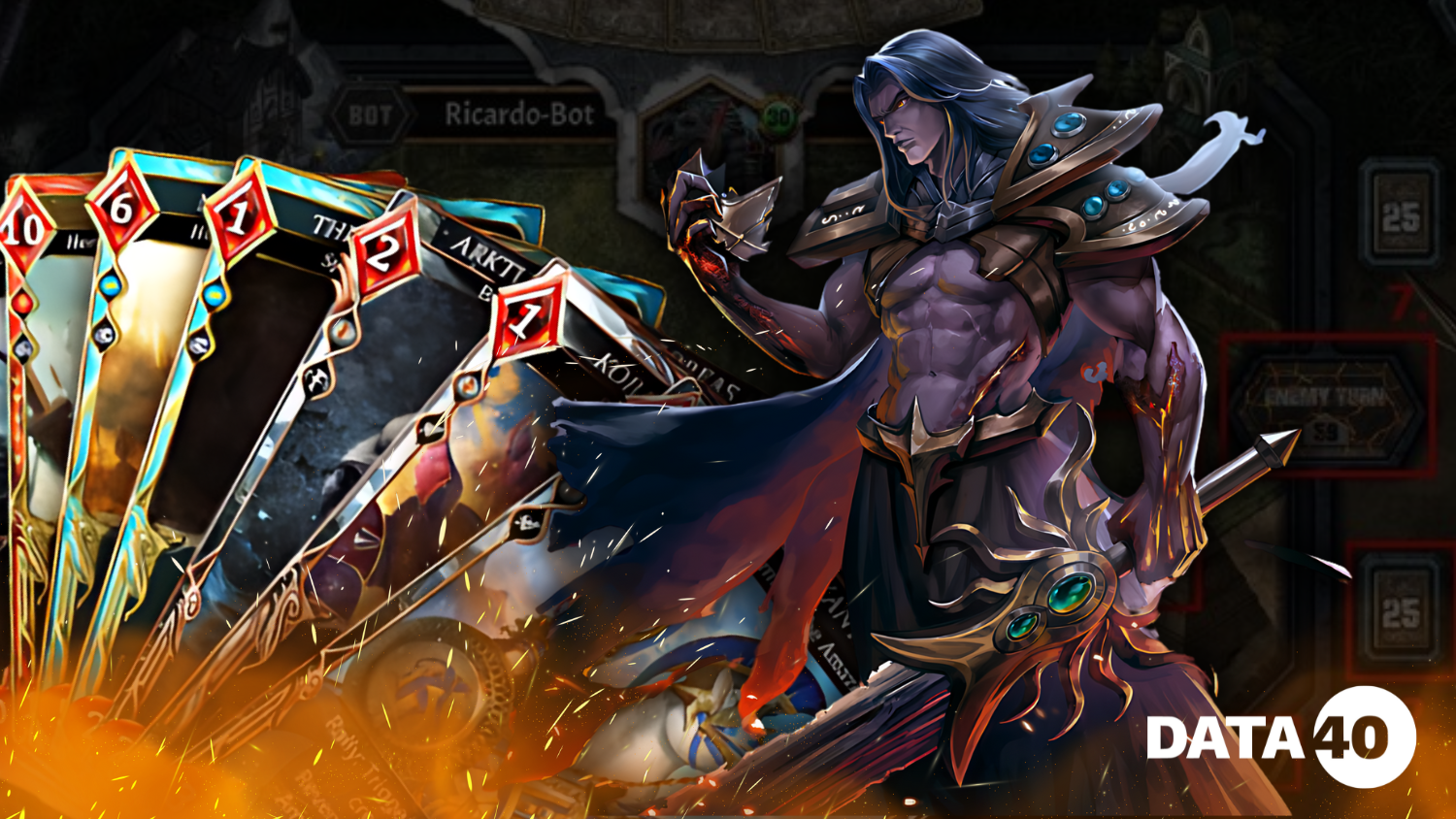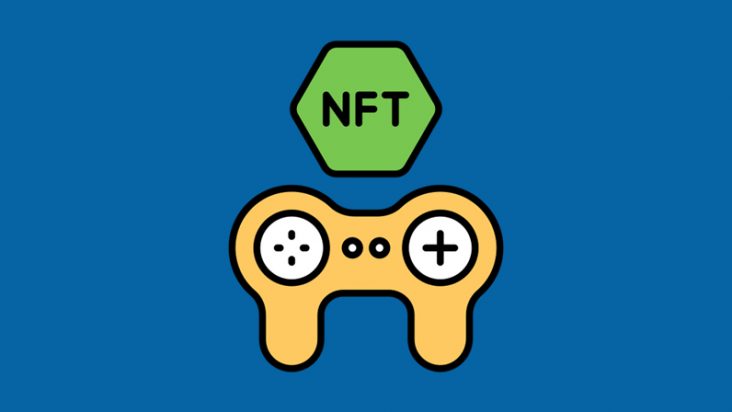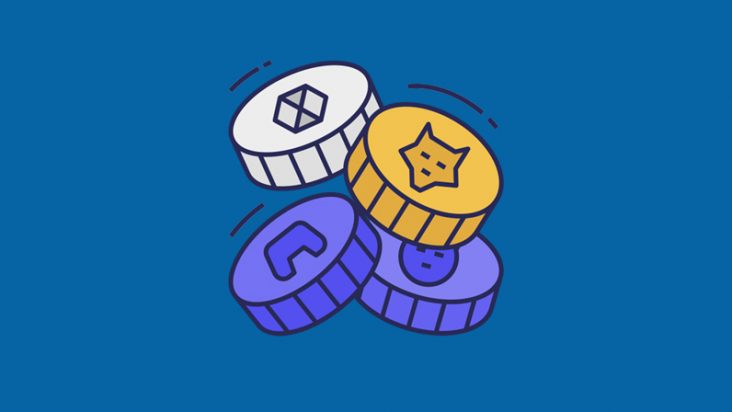
Collectible Card Games (CCGs) or Trading Card Games (TCGs) are a popular game genre where players collect and build decks of unique cards to battle other players. The value of each card in these games depends on its rarity, game functions, and strategic significance. Early games like Magic: The Gathering revolutionized the tabletop gaming world, and digital versions, such as Hearthstone, broadened the global appeal of TCGs. Today, with the advent of blockchain technology and the Play-to-Earn (P2E) concept, this genre is reaching a new level, offering players unique opportunities for ownership and earnings.

How Blockchain Elevates This Genre
With the introduction of NFTs, players now truly own their cards; they can buy, sell, or trade them on external platforms, moving their collections beyond the confines of the game. NFTs create a new in-game economy where every item is unique, and blockchain ensures the authenticity and security of transactions. Blockchain technology has fundamentally changed the collectible card game industry through the integration of non-fungible tokens (NFTs). In traditional digital card games, players could make in-game purchases, but ownership of virtual assets remained with the developers.
Additionally, blockchain introduces the concept of “smart contracts,” enabling developers to automate in-game processes—from buying and selling cards to awarding in-game achievements. This encourages a fairer distribution of assets and opens new avenues for monetization, benefiting both developers and players.
Gods Unchained
A prime example of a successful P2E collectible card game is Gods Unchained, developed by the Australian blockchain company Immutable. Gods Unchained allows players to collect cards with various abilities, create battle decks, compete with others, and trade digital cards they fully own in the form of NFTs. The team specializes in building infrastructure for games utilizing NFT technology. They developed Immutable X—a Layer 2 solution for Ethereum that enables fast and fee-free NFT creation and trading. Immutable is also known for projects in the gaming industry, such as the popular collectible card game Guild of Guardians. Immutable actively collaborates with various developers, offering tools for building blockchain games and marketplaces with a decentralized economy.
A notable feature of Gods Unchained is its tokenomics, which includes several key elements:
- Tokens: The primary token in the game is GODS, used for various functions within the ecosystem. Players can earn GODS by participating in games, completing quests, and attending events.
- NFTs: The game’s cards are non-fungible tokens (NFTs), allowing players to own, trade, and exchange them. Each card is unique with distinct characteristics, adding layers of strategy and economy.
- Economy: Players can earn tokens and cards by participating in battles, tournaments, and other game modes. These elements foster an active marketplace where players can buy, sell, and trade their cards and tokens.
- Long-Term Incentives: Gods Unchained offers mechanisms that encourage long-term engagement, such as token staking and rewards for active play.
- Fees: Trading cards may involve small fees that help maintain the game’s economy and support the project’s ongoing development.
Thus, the game features a single-token model with NFT elements. The primary token fulfills several roles and supports a unified in-game economy, making the model simpler and more accessible for players. Here are some other tokenomics models you can explore in this article.
Splinterlands
Another popular project is Splinterlands. In this game, players collect cards with various abilities and create battle teams for combat. The primary difference from Gods Unchained is that while Gods Unchained focuses on a traditional card game with dynamic interactions, Splinterlands emphasizes automated gameplay and a broader in-game economy with earning opportunities.
Each card is an NFT, allowing it to be used in different game modes and on external marketplaces. Splinterlands tokenomics includes $DEC and $SPS tokens, which players earn for victories in battles and can use to purchase cards or upgrades. The game offers players a unique NFT card rental system, enabling users to temporarily transfer their cards to other players for a fee.
The game actively supports cross-platform play, allowing users to interact with other blockchain ecosystems like Ethereum and Binance Smart Chain.
Advantages of Blockchain Games Over Traditional TCGs
- True Ownership of Assets
Players truly own their in-game assets, such as cards and items, through NFTs. This grants them the ability to sell or trade assets outside the game environment. - Transparency and Data Security
All transactions and assets are recorded on the blockchain, providing full transparency and reducing the risk of fraud. - No Centralized Control
Decentralization eliminates dependency on a single company, preventing potential manipulation by developers, such as altering game balance or removing content. - Economic Opportunities
By engaging in gameplay, users can earn tokens and income, adding economic incentives and investment opportunities. - Social Interaction
Blockchain games are often accompanied by active communities where players exchange experiences and strategies, enhancing the overall gaming experience. - Innovative Game Mechanics
Blockchain enables unique mechanics such as cross-game assets and dynamic cards, adding depth to gameplay. - Trading and Market Opportunities
Players can easily trade and sell their assets on secondary markets, adding an economic layer to the game.
Furthermore, blockchain allows players to participate in game governance through decentralized autonomous organizations (DAOs), where token holders can vote on game changes and influence its development.
Why It Matters
Today, as blockchain technology becomes an integral part of the gaming experience, blockchain-based collectible card games attract players with the potential to earn and own unique assets. NFTs and blockchain are creating a new economy where players can impact the game’s progression, earn money, and truly own what they acquire in-game. The success of projects like Gods Unchained and Splinterlands demonstrates that the future of collectible card games is intertwined with blockchain technology, showcasing the full potential of this new gaming model.








